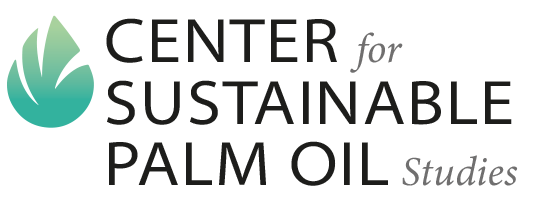
The European Parliament’s Committee on International Trade issued a key report this month, which suggests a more conciliatory approach to global palm oil trade. The report lays out in clear terms the steps which can be taken to protect European Union trade activities against deforestation and suggests cooperation rather than an outright ban of forest-risk commodities could be more effective.
Considering the EU’s role as one of world’s key importers of palm oil, its policies will certainly influence palm oil producers and guide their actions. The report calls for a number of reforms but, perhaps most importantly calls for a more collaborative approach with host countries, particularly noting a need for assistance and exchange of good practices:
“[C]ooperation with third countries through technical assistance, exchange of information and good practices in the preservation, conservation and sustainable use of forests…”.
The report makes a note of continuing issues around certification and problems with market access or ‘green protectionism’. Indeed, some EU regulatory efforts have been criticized in the past for failing to comply with the World Trade Organization standards. The report calls for further EU-led efforts to follow the WTO rules when enacting new policies and regulations aimed at curbing deforestation. The report further argues that “a way so as to be compliant with WTO rules and should be accompanied by trade-based partnership agreements with major producer countries of agricultural commodities, in order to tackle supply-side drivers of deforestation…”.
The report was approved by a clear majority of Members of the European Parliament. It will help ensure due diligence from businesses involved in the production, harvest, and extraction of forest-risk commodities to guarantee their sustainability and halt illegal deforestation. The report draws in part on the United Nations Guiding Principles on Business and Human Rights, among other internationally agreed guidance related to trade.
Indeed, the report marks a significant shift on the EU palm oil policy towards an approach that goes beyond a narrow focus on supply-side drivers. It signals that the economic block is coming to the regionalization that such approach has failed and an approach including the palm oil producers on the ground to end deforestation may well be more effective.
This earlier report left open one potential cooperative approach regarding future EU regulation. The report points out the development of Voluntary Partnership Agreements (VPAs) between the EU and producer countries, may be a more practical approach to ensure sustainability. In the past, the EU has developed VPAs to help solve the challenge of illegal timber harvesting. Such frameworks have been proven to work and may serve as the best way forward for other forest-risk commodities.
In addition, another recent report from the European Parliamentary Research Service titled “An EU legal framework to halt and reverse EU-driven global deforestation” reaches a similar conclusion by suggesting that a demand-side approach to solving issues around forest-risk commodities simply is inadequate (the report explicitly mentions palm oil, soy and beef in this category).
“There are interactions and potential synergies between the due diligence and mandatory certification policy options. It is, therefore, possible that the two policy options could be combined, forming the third policy option discussed in this report.”, the report argues.
The report further notes that as of 2020, already 78% of the palm oil imported into the EU arrives under a certification scheme as opposed to just 13% of soy and 7.6% of sugar imports. The high initial certification cost within the palm oil industry is also mentioned with emphasis on the long-term investment returns:
“Palm oil faces a high initial certification cost, but this becomes smaller when combined with the other products in the ‘other oil products’ category used in the modelling. Therefore, the price effect for palm oil is relatively small.”
The mention of the costs associated with current palm oil certification schemes opens the door for alternatives, such as the Malaysian Sustainable Palm Oil (MSPO) certification created in 2014. The fact that the EU is finally considering other options suggests that a new period of open mindedness is developing slowly. Taken in their entirety, the two EU reports on halting global deforestation seem to suggest an increased awareness of the limitations of a demand-side approach to forest-risk commodities including palm oil.







